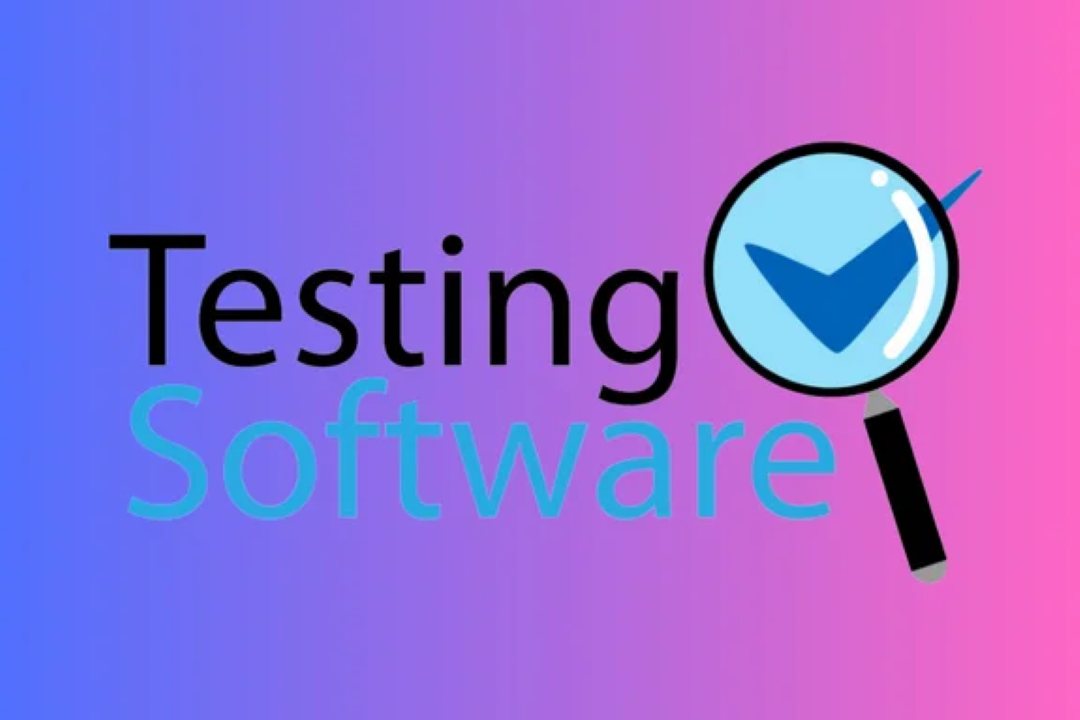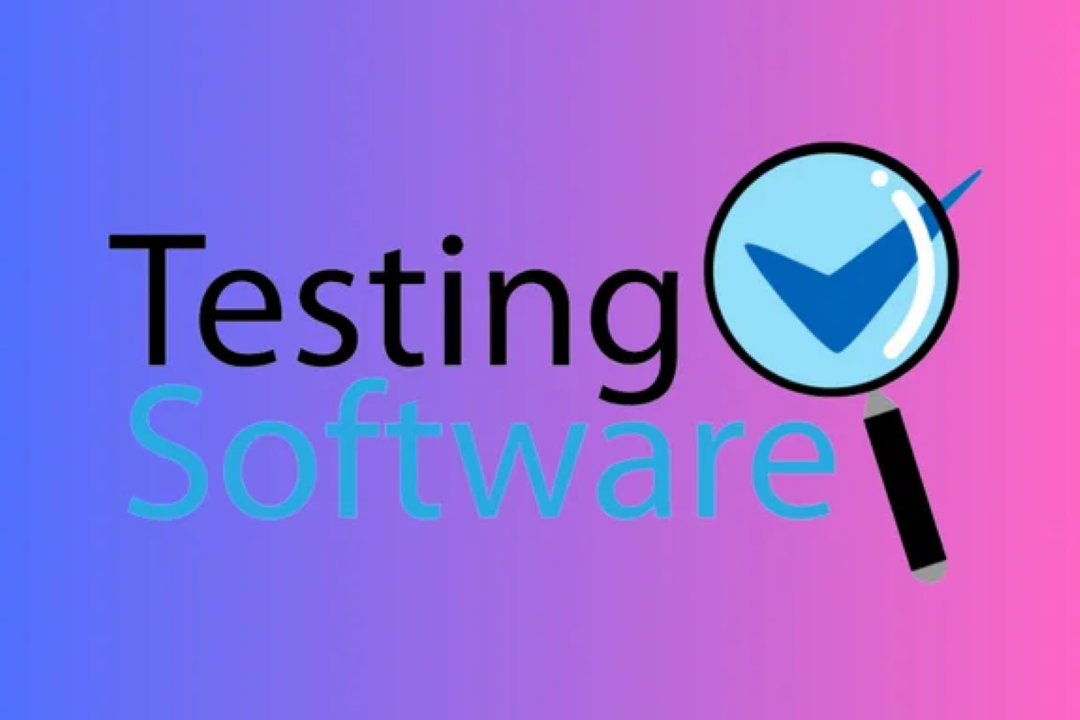best react native UI builder
One of the best React Native UI builders is **NativeBase**, an open-source UI component library that
best react native UI builder
One of the best React Native UI builders is NativeBase, which is invaluable for developers looking to create mobile applications efficiently. It provides a comprehensive library of pre-designed, customizable UI components that adhere to modern design principles. This not only accelerates the development process but also ensures a consistent look and feel across platforms. With features like theming, responsive layouts, and accessibility support, NativeBase simplifies the task of building visually appealing and user-friendly interfaces, allowing developers to focus on implementing functionality and real-time projects rather than spending excessive time on design.
To Download Our Brochure: https://www.justacademy.co/download-brochure-for-free
Message us for more information: +91 9987184296
One of the best React Native UI builders is NativeBase, which is invaluable for developers looking to create mobile applications efficiently. It provides a comprehensive library of pre designed, customizable UI components that adhere to modern design principles. This not only accelerates the development process but also ensures a consistent look and feel across platforms. With features like theming, responsive layouts, and accessibility support, NativeBase simplifies the task of building visually appealing and user friendly interfaces, allowing developers to focus on implementing functionality and real time projects rather than spending excessive time on design.
Course Overview
The “Best React Native UI Builder” course offers a comprehensive introduction to utilizing top UI component libraries for React Native application development. Participants will explore the key features of popular UI builders like NativeBase, React Native Paper, and others, focusing on creating responsive, visually appealing, and user-friendly interfaces. This course covers essential design principles, theming, and accessibility, alongside practical, hands-on projects that enable learners to implement their skills in real-world scenarios. By the end, students will have the confidence and expertise to design and develop stunning mobile applications efficiently.
Course Description
The “Best React Native UI Builder” course offers an in-depth exploration of leading UI component libraries designed for React Native, enabling developers to create visually stunning and highly functional mobile applications. Participants will learn to leverage libraries such as NativeBase and React Native Paper to build responsive and user-centric interfaces, while also gaining insights into design principles, theming options, and accessibility standards. Through a combination of theory and hands-on projects, this course equips learners with the practical skills necessary to seamlessly integrate elegant UI elements into their React Native applications, ensuring an enhanced user experience and streamlined development process.
Key Features
1 - Comprehensive Tool Coverage: Provides hands-on training with a range of industry-standard testing tools, including Selenium, JIRA, LoadRunner, and TestRail.
2) Practical Exercises: Features real-world exercises and case studies to apply tools in various testing scenarios.
3) Interactive Learning: Includes interactive sessions with industry experts for personalized feedback and guidance.
4) Detailed Tutorials: Offers extensive tutorials and documentation on tool functionalities and best practices.
5) Advanced Techniques: Covers both fundamental and advanced techniques for using testing tools effectively.
6) Data Visualization: Integrates tools for visualizing test metrics and results, enhancing data interpretation and decision-making.
7) Tool Integration: Teaches how to integrate testing tools into the software development lifecycle for streamlined workflows.
8) Project-Based Learning: Focuses on project-based learning to build practical skills and create a portfolio of completed tasks.
9) Career Support: Provides resources and support for applying learned skills to real-world job scenarios, including resume building and interview preparation.
10) Up-to-Date Content: Ensures that course materials reflect the latest industry standards and tool updates.
Benefits of taking our course
Functional Tools
1 - React Native: The primary framework utilized in the ‘Best React Native UI Builder’ course is React Native itself. This open source framework allows developers to build mobile applications using JavaScript and React, enabling a native look and feel on both iOS and Android platforms. Students will learn the fundamentals of React Native, including component creation, state management, and styling. By mastering this versatile framework, learners can develop efficient and high performing mobile applications.
2) Expo: This powerful tool simplifies the React Native development workflow by providing a set of built in features such as easy project setup, over the air updates, and a rich library of pre built components. In the course, students will explore how to use Expo to streamline the development process without needing complex configurations. As they build their projects, learners will appreciate the way Expo enhances productivity and eliminates common hurdles faced in mobile app development.
3) Redux: To manage application state effectively, the course incorporates Redux, a state management library commonly used with React and React Native. Redux provides a robust way to handle data flow and maintain consistency across the app. Students will engage in hands on exercises to understand the core concepts of Redux, including actions, reducers, and store management. Mastering Redux allows developers to build scalable applications that can handle complex user interactions and global state shifts.
4) React Navigation: Navigation is vital in mobile applications to allow users to move seamlessly between different screens. The course introduces React Navigation, a library specifically designed for managing navigation in React Native applications. Students will learn how to implement stack navigation, tab navigation, and drawer navigation, enhancing user experience. By focusing on user friendly navigation strategies, students can create intuitive applications that engage users effectively.
5) Styled components: To enhance component styling, the course teaches the use of Styled components, a popular library that allows developers to write CSS in JS. This tool helps in building maintainable and dynamic styles for React Native components, promoting the concept of component based styling. Students will experience firsthand how to leverage Styled components to create visually appealing interfaces while keeping the styles modular and reusable, which greatly aids in collaborative projects.
6) Figma: As a design tool widely used in the industry, Figma plays a crucial role in the UI/UX design aspect of mobile applications. The course covers how to use Figma for wireframing and prototyping interfaces, allowing students to translate design mockups into functional React Native components. By learning to collaborate with design tools like Figma, students can better understand the importance of design thinking and user centered design practices, ultimately leading to better user experiences in their applications.
7) Firebase Integration: The course incorporates Firebase, a powerful backend as a service (BaaS) platform, enabling students to implement real time databases, authentication, and cloud functions in their applications. By integrating Firebase, learners will understand how to store and retrieve data efficiently, manage user authentication, and enhance app performance. This knowledge is crucial for building dynamic and responsive mobile apps that can handle real time user interactions.
8) API Handling: Understanding how to interact with RESTful APIs is a vital skill for any mobile developer. The course emphasizes techniques for fetching, handling, and managing data from external APIs using Axios or Fetch. Students will learn about asynchronous programming with promises and async/await, enabling them to handle data requests seamlessly. By mastering API integration, students can create applications that pull in external data sources, enriching user experiences with up to date information.
9) Testing and Debugging: Quality assurance is essential to delivering high quality applications. This course addresses testing and debugging techniques for React Native applications. Students will be introduced to testing libraries like Jest and React Native Testing Library, as well as common debugging tools. Understanding how to write testable code and effectively debug applications ensures that learners can maintain code quality and improve their development workflow.
10) Offline Functionality: Building mobile applications that can function without constant internet connectivity is increasingly important. The course delves into strategies for implementing offline features, including data caching and local storage using libraries like AsyncStorage. Students will learn how to build applications that provide a smooth user experience, even in low connectivity situations, which is particularly advantageous for users on the go.
11 - Responsive Design: In an era where users access apps across various devices with different screen sizes, responsive design techniques are crucial. The course covers how to use Flexbox and the Dimensions API in React Native to create layouts that adapt to different screen sizes and orientations. Students will grasp the principles of responsive design, ensuring their applications offer consistent user experiences across all devices.
12) Deployment and Distribution: Knowing how to deploy applications to app stores is the final step in mobile development. The course educates students on the processes involved in building and deploying React Native applications to both the Apple App Store and Google Play Store. They will learn about app signing, configuration changes, and utilizing tools like Fastlane for automated deployments, equipping them with the necessary skills to launch their applications successfully.
13) Performance Optimization: Performance is key to user satisfaction. The course explores best practices for optimizing React Native applications, such as minimizing re renders, lazy loading components, and using performance monitoring tools. By applying these optimization techniques, students can enhance their app's speed and responsiveness, ensuring a smooth user experience even with heavy data loads.
14) Community and Resources: The vibrant React Native community provides a wealth of resources, libraries, and support. The course encourages students to engage with this community through forums, GitHub, and online courses. Learners will gain insights into keeping up with the latest React Native developments and how to utilize community resources for continuous learning and improvement in their coding journey.
15) Project Management Skills: Throughout the course, students will also develop essential project management skills, including Agile methodologies. They will learn how to manage timelines, set milestones, and collaborate effectively within a project team. Understanding project management principles prepares students for real world development environments, enabling them to navigate challenges and successfully deliver projects on time.
Browse our course links : https://www.justacademy.co/all-courses
To Join our FREE DEMO Session:
This information is sourced from JustAcademy
Contact Info:
Roshan Chaturvedi
Message us on Whatsapp:
Email id: info@justacademy.co










